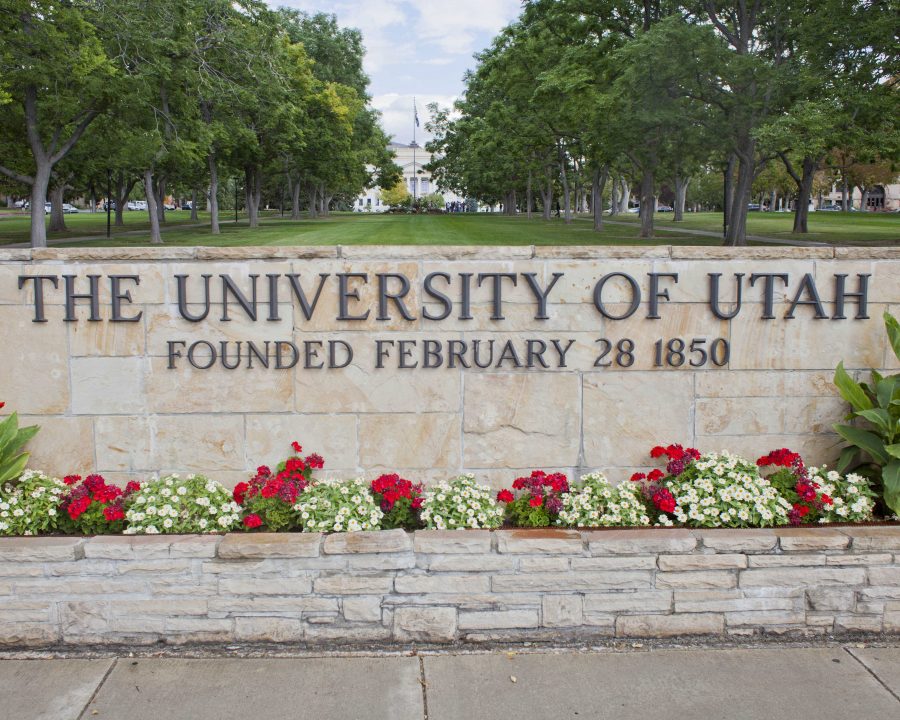“I knew I would get homesick,” said freshman Ruby Pfeiffer.
Pfeiffer moved to Salt Lake City from Orange County, Calif., to go to the U so she could study modern dance. But as an out-of-state student, she’s paying more to attend school here than in-state students. In making the decision to gain residency in Utah next year, which will require her to spend even more time away from her family, Pfeiffer had to balance missing home with lower tuition.
This semester there are 6,573 non-resident undergraduates at the U — according to data from the Office of Budget and Institutional Analysis (OBIA) — and 17,336 residents. The number of out-of-state students has been steadily rising over the years, increasing by more than 1,000 from 2011 to 2015.
Non-resident tuition, about $26,000 on average, is more than triple the cost of the resident tuition price (just over $8,000), not including the additional costs of room, board and supplies. The higher price leads many students to the residency process.
Going through the residency process means the student can travel outside of Utah for no more than 29 days in a year, also known as the “one year rule.” That includes holiday breaks and summer vacation.
Pfeiffer decided to apply for residency her second year, so she could travel home during her first year.
“I would miss my family too much,” she said.
For other students, this 29-day rule is complicated by on-campus housing. The dorms close for winter break, a more than three-week span, causing some to head home and use their allotted days (though students can stay in the University Guest House during this time).
As part of the process to gain residency students also have to prove they are financially independent on tax returns.
Chandler Dean, a sophomore in business management and philosophy, works as a university ambassador.
“This does not mean [parents] can’t help their child pay for college,” Dean said, “they simply cannot use them to receive a tax break.”
Dean moved to Utah from Aledo, Texas, but isn’t going through the residency process due to his scholarship.
Proving financial independence is easier for some students than for others. Zach Taylor, a freshman in business, isn’t as worried about that part of the process. Briana Thompson, a freshman in pre-pharmacy, on the other hand, has never balanced a checkbook.
“It means being an adult,” Thompson said about proving financial independence.
Both Taylor and Thompson are from Eagle, Idaho, and went to a small high school there, with around 180 students in their graduating class. With all of the changes they’ve experienced in going to the U, Taylor said the residency process adds a confusing level to it all.
Students must prove they have a driver’s license and have registered to vote in Utah and not any other state. They also have to submit a copy of their tax form and provide proof that they were in Utah for a full year, except the 29 days allowed. This can be proved through a transcript of classes and pay stubs from a job.
@shellybrooke17


